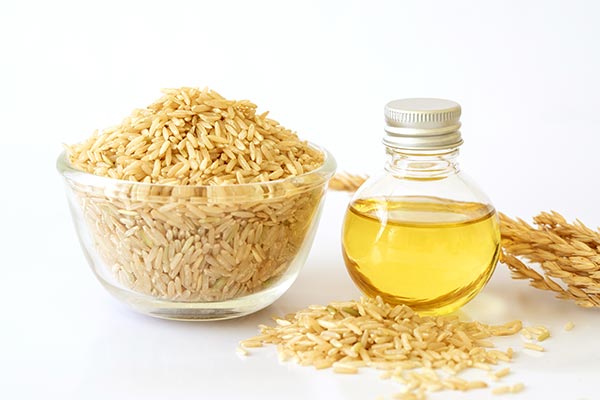Eat better for your heart’s sake: Consuming more fruits and vegetables reduces risk of death from heart attack, stroke say researchers
01/24/2020 / By Darnel Fernandez

The American Heart Association lists heart disease as one of the leading causes of death in the US. This statistic emphasizes the need to find ways to prevent the onset of this deadly disease. Making healthy lifestyle choices, including proper dietary choices, is one of the best ways to keep your heart and overall health in tip-top shape. Now, recent research suggests that increased consumption of fruits and vegetables could play a role in preventing cardiovascular diseases.
A study presented at the annual meeting of the American Society for Nutrition in Baltimore, Maryland, showed that inadequate consumption of fruits and vegetables could be responsible for a vast majority of cardiovascular disease-related deaths worldwide every year. In fact, the study estimates that about one in seven cases of cardiovascular death is caused by not eating enough fruits, while one in 12 cardiovascular deaths is caused by not eating enough vegetables.
“Fruits and vegetables are a modifiable component of diet that can impact preventable deaths globally,” said lead study author Victoria Miller. “Our findings indicate the need for population-based efforts to increase fruit and vegetable consumption throughout the world.”
Eat more fruits and vegetables for your heart
Fruits and vegetables are fantastic sources of vitamins, minerals, fiber and antioxidants, which all contribute to reducing blood pressure and cholesterol levels. In addition, the fiber in these healthy foods also promotes good gut health and diversity of good bacteria in the digestive tract. According to senior study author Daruish Mozaffarian, their findings indicate the need to broaden the focus of global nutrition priorities to increase availability and consumption of health-protective foods like fruits, vegetables and legumes.
In this study, researchers from the Friedman School of Nutrition Science and Policy at Tufts University in Boston aimed to get accurate estimates on how the consumption of fruits and vegetables (and lack thereof) affects the burden of cardiovascular disease. To do so, the researchers analyzed 2010 food surveys and food availability data gathered from 113 different countries and made estimates on national averages of fruit and vegetable intake. Taken together, the countries involved in the study represented about 82 percent of the world’s total population. The research team then combined these average intake estimates with each country’s data on the cause of death and cardiovascular risk associated with low fruit and vegetable consumption. This allowed the researchers to create a viable model to calculate how many deaths were caused by inadequate intake.
Based on dietary guidelines and other studies about cardiovascular risk factors, the researchers defined optimal fruit intake as 300 g per day, which is equivalent to eating two small apples. On the other hand, they defined optimal vegetable intake, which includes legumes, as 400 g per day, equivalent to eating three cups of raw carrots.
After analyzing all the data gathered, the researchers found that not eating enough fruits was responsible for about 1.8 million deaths from cardiovascular disease worldwide. About 1.3 million of these were attributed to stroke, while a little more than 520,000 deaths were associated with coronary heart disease. On the other hand, a lower intake of vegetables was associated with nearly one million deaths were linked to coronary artery disease, while 200,000 were attributed to stroke. (Related: Eating fruits and vegetables early in life lowers heart disease risk by 40 percent as we age.)
The researchers identified that countries in sub-Saharan Africa, South Asia and East Asia had a significantly lower fruit intake while having a much higher death rate from stroke. In addition, countries in Oceania in Central Asia had lower vegetable intake while having a higher rate of coronary artery disease.
In the US, the research team estimated that low vegetable intake could be linked to 82,000 cardiovascular deaths while low fruit intake could account for about 57,000 deaths. Also, they identified that younger people and men were more likely to see their risk of death by cardiovascular disease increase because of low fruit and vegetable intake.
Adding more fruits and vegetables to your diet can lead to a healthier heart and a healthier life. Find out more about the benefits of a plant-rich diet at Nutrients.news.
Sources include:
Tagged Under: cardiovascular disease, clean food, food cures, food is medicine, Fresh, fruits, functional food, healthy diets, heart disease, heart health, nutrition, organics, prevention, stroke, vegetables, Veggies
RECENT NEWS & ARTICLES
HeartDisease.News is a fact-based public education website published by Heart Disease News Features, LLC.
All content copyright © 2018 by Heart Disease News Features, LLC.
Contact Us with Tips or Corrections
All trademarks, registered trademarks and servicemarks mentioned on this site are the property of their respective owners.




















